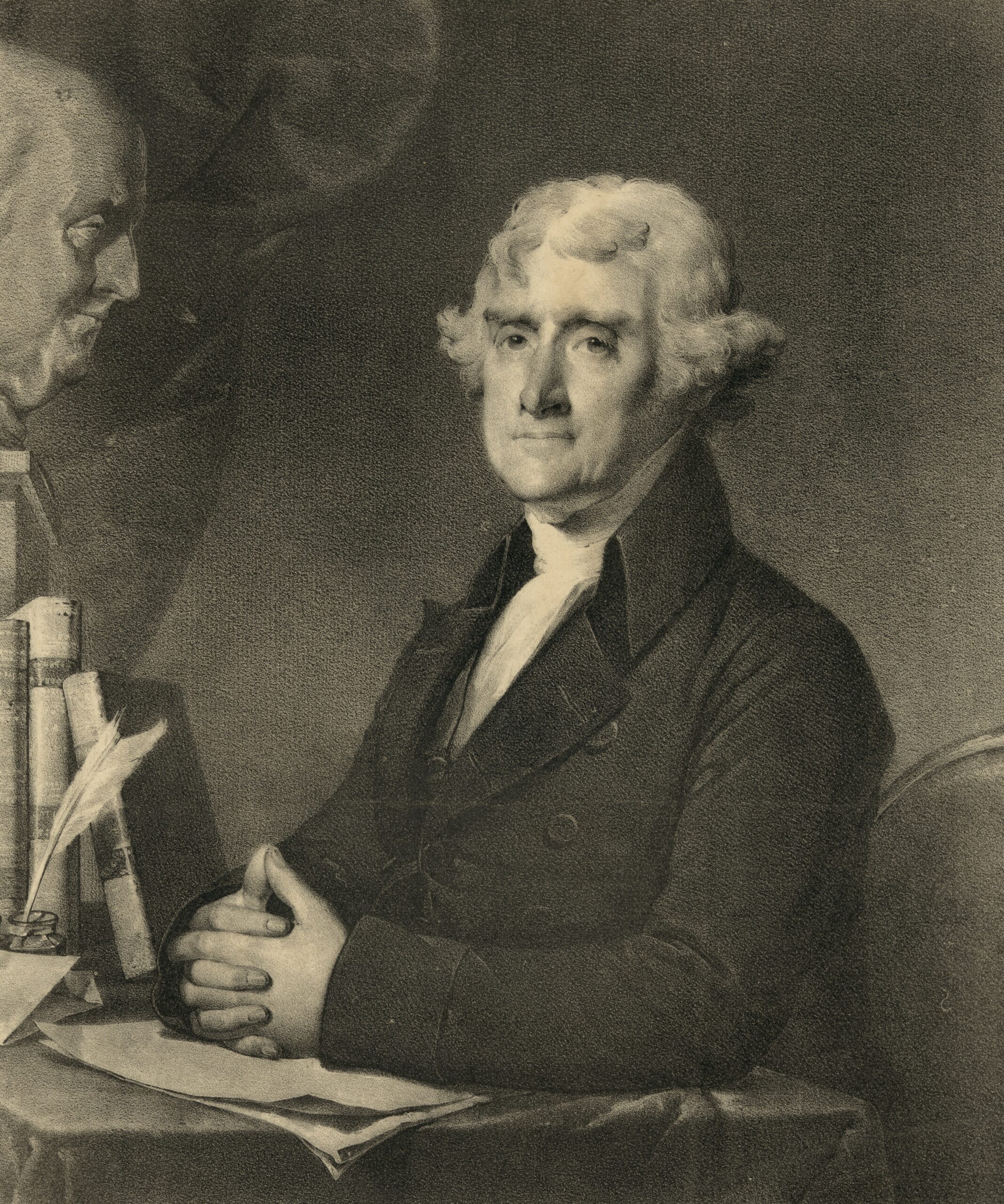Introduction to the Current Scenario
Bangladesh, a country with a complex history of political turbulence, is once again at the crossroads of stability and unrest. Over the decades, the military has played a pivotal role in the governance of the nation, oscillating between direct control and influential presence behind the scenes. This dual role has often exacerbated political instability rather than alleviating it. The military’s prominent role dates back to the early years of Bangladesh’s independence in 1971 when political fragmentation and leadership voids made military intervention a recurring theme.
In the contemporary context, the military’s influence over Bangladesh’s political landscape continues to be profound. Recent years have witnessed intensified concerns, especially with the increasing frequency of military involvement in administrative and political affairs. Instances of military-backed governance and interventions in civilian matters have sparked debates about the implications for democratic governance. This backdrop sets an uneasy stage for the nation’s future, as the balance of power remains fragile.
Observers have noted that the military’s recurring dominance hampers the development of robust democratic institutions. The lack of clear demarcation between military and civilian responsibilities has led to a blurred governance structure. This scenario is further complicated by recent events such as the deployment of the military during elections and their noted presence in significant policy-making processes. These developments have magnified apprehensions regarding the military’s sustained entrenchment in the nation’s governance apparatus.
The looming specter of political instability is thus ever-present, driven by the military’s historical and ongoing role in governance. While many argue for the necessity of military involvement during critical junctures, there is a growing consensus that prolonged military influence could stymie democratic progress and lead the country down a path of increased instability. This calls for a critical examination of Bangladesh’s trajectory and the urgent need for recalibrating the role of the military in its governance structures.
The Military’s Role in Bangladesh’s Governance
Over the decades, the military has played a pivotal role in shaping the governance landscape of Bangladesh. Since its independence in 1971, the country has witnessed intermittent military involvement in politics, oscillating between periods of direct rule and significant influence over civilian administrations. The military’s influence is deeply rooted in a series of historical events that have culminated in its entrenched position within the national governance framework.
One of the key moments that solidified military influence was the assassination of Sheikh Mujibur Rahman in 1975, which precipitated a series of coups and counter-coups. During this turbulent period, the military established itself as a key power broker, stepping in to stabilize political unrest. This interventionist role was further cemented by the era of military dictatorships under General Ziaur Rahman and General Hossain Mohammad Ershad, who led the country for extended periods through martial law and subsequent pseudo-democratic governments.
The legacy of these periods is a political culture where the military is seen as an indispensable pillar of stability and order. This perception is compounded by the fact that many retired military officers continue to hold significant positions within the civilian administration, reinforcing the belief that the military’s governance is more effective. Consequently, the military exerts a considerable influence over political decisions, often subtly swaying policies and maintaining a safeguard role against perceived civil failures.
In recent years, however, the necessity for a transition to a fully civilian governance model has gained traction. Critics argue that the sustained military involvement undermines democratic institutions and stifles political pluralism. They contend that a withdrawal of the military from the political arena is crucial for fostering a democratic ethos and ensuring the long-term stability of Bangladesh. By reducing military influence, the country can work towards a governance structure that prioritizes civilian oversight, thereby strengthening democracy and paving the way for sustainable development.
Consequences of Prolonged Military Presence
The prolonged presence of the military in governance can have far-reaching implications on multiple fronts, including political, economic, and social dimensions. Politically, when military forces extend their influence over government operations, democratic institutions often suffer. Elected officials find it challenging to assert authority, and the constitutional balance of power is disrupted. This situation erodes public trust in the democratic process, leading to disenchantment and political apathy among the citizenry.
Economically, a military-administered state can divert resources away from critical public services and infrastructure development, channeling funds instead towards defense expenditures and maintaining military capabilities. This misallocation of resources impedes economic growth, stifles entrepreneurship, and deters foreign investment, ultimately hampering efforts to improve living standards. The policy-making process itself becomes skewed under prolonged military governance, often prioritizing security concerns over economic and social development needs. This distortion can result in inefficient public policies that do not effectively address citizens’ real needs.
The impact on civil liberties and human rights under extended military involvement in governance is equally worrying. Military regimes frequently impose restrictive measures to maintain control, including limiting freedoms of speech, assembly, and press. Surveillance and censorship become more pervasive, creating an atmosphere of fear and suppression. These actions not only violate fundamental human rights but also undermine the social contract between the state and its citizens. The social fabric of the nation deteriorates, with polarization and social unrest becoming more likely as different groups vie for power and recognition under an autocratic regime.
Moreover, the militarization of civil administrative functions often leads to a culture of impunity and lack of accountability as military personnel are rarely subjected to the same scrutiny and legal constraints as their civilian counterparts. This can exacerbate corruption, human rights abuses, and other forms of maladministration, further deepening the crisis of governance. As these issues compound, the inevitable result is a fragile state where instability becomes the norm rather than the exception, jeopardizing both national and regional security.
Public Sentiment and Civil Society Responses
The prevailing sentiment among the Bangladeshi populace concerning the military’s pervasive role in governance remains decidedly mixed, reflecting a myriad of viewpoints. A significant portion of the general public expresses concern over the military’s expanded influence, perceiving it as a detrimental force to democratic principles and civilian oversight. These apprehensions are echoed in numerous surveys and sociopolitical commentaries, which highlight a growing disenchantment with prolonged military intervention. Scholars and political analysts frequently argue that such interference potentially fosters a climate of instability, ultimately undermining Bangladesh’s democratic framework.
Civil society organizations and human rights groups have been particularly vocal in their critiques. Many advocate for a retraction of the military from political arenas, contending that sustainable governance hinges on adherence to democratic norms and the rule of law. The Bangladesh Human Rights Commission, along with various domestic and international non-governmental organizations, has persistently called for a return to civilian governance. These entities underscore that for Bangladesh to preserve its democratic integrity and ensure the protection of fundamental human rights, the military must be visibly distanced from political decision-making processes.
International observers have similarly raised concerns regarding military entrenchment in Bangladesh. Reports from global watchdog organizations often bring to light the adverse implications of continued military presence in governance, notably its propensity to stifle dissent and limit civic freedoms. The international community, including entities such as the United Nations and regional alliances, has occasionally intervened, emphasizing the importance of democratic resilience and urging the Bangladeshi government to prioritize civilian authority.
Across the spectrum, from grassroots movements to well-established institutions, the demand for a rollback of military involvement in political affairs finds resonance. The overarching narrative remains centered on the assertion that democratic governance, free from military domination, is indispensable for stability and progress in Bangladesh. As voices from civil society and human rights advocates converge, they collectively reaffirm that the path to enduring stability lies in enhancing democratic institutions and ensuring that military influence is rigorously curtailed.
International Perspectives and Pressures
The international community has been closely monitoring the military’s role in Bangladesh, expressing concerns about the potential for increased instability. Foreign governments, particularly those with vested interests in South Asian stability, have issued statements urging the return to a civilian-led government. Nations such as the United States and the members of the European Union have highlighted the importance of democratic principles and human rights in Bangladesh, often tying economic and diplomatic relations to the progress made in these areas.
International organizations, like the United Nations and the Commonwealth, have echoed these sentiments. They have called for transparency in governance and stressed the need for a robust civil society. The UN Secretary-General has pointed out that democratic institutions are critical for sustainable development and has advised against military intervention in Bangladesh’s political sphere.
Global human rights groups, including Amnesty International and Human Rights Watch, have raised alarms over the implications of a prolonged military presence. They argue that it undermines civil liberties and stunts the growth of democratic institutions. Reports and briefings from these organizations often highlight cases of human rights abuses allegedly linked to military actions, urging immediate reforms and more accountability.
The leverage of international pressure is not insignificant. For instance, development aid and trade agreements are frequently contingent upon adherence to democratic norms and human rights obligations. Diplomatic pressures can culminate in sanctions or the withdrawal of financial assistance, which undoubtedly impacts domestic policies. Moreover, the global perception of Bangladesh could affect foreign investment, further influencing the country’s economic stability.
These international perspectives and pressures underscore the global community’s vested interest in ensuring that Bangladesh does not regress into instability. The collective advocacy for a military withdrawal and the restoration of civilian rule amplifies the urgency for action, potentially steering both domestic and international engagement towards a more stable and democratic Bangladesh.
Roadmap to Military Withdrawal
The roadmap to military withdrawal in Bangladesh requires a carefully orchestrated strategy that recalibrates the balance of power while maintaining national stability. Insights from comparative studies and expert recommendations underline the importance of a phased approach. A strategic outline entails multiple steps to ensure a smooth and effective transition from military governance to civilian control.
Firstly, a clear timeline is essential. Establishing a definitive end date for military involvement in governance sends a strong signal of commitment to democratic principles. This timeline should be transparent, with regular updates to track progress and address any arising challenges promptly.
Secondly, the reinforcement of democratic institutions is crucial. Key areas include judiciary independence, robust legislative frameworks, and a free press. Strengthening these pillars will create an environment conducive to transparency and accountability. The military’s gradual disengagement should coincide with capacity-building initiatives aimed at empowering civilian administrative bodies to take over governance roles efficiently.
Thirdly, transitional justice mechanisms play a pivotal role in addressing past grievances and fostering national reconciliation. Establishing truth and reconciliation commissions can aid in addressing human rights violations and promote social healing. These mechanisms should operate independently to ensure credibility and public trust.
Furthermore, security sector reform is imperative to align the military’s role with democratic norms. This entails redefining the military’s responsibilities, focusing on national defense rather than political involvement. Comprehensive training programs geared towards upholding human rights and democratic tenets will facilitate this shift.
Expert recommendations also emphasize international support and cooperation. Engaging with global organizations that specialize in democratic transition can provide valuable technical assistance and oversight. Collaborative efforts will help address potential pitfalls and bolster confidence in the withdrawal process.
Ultimately, a successful military withdrawal hinges on a multi-faceted approach that combines clear timelines, reinforcement of democratic institutions, transitional justice, security sector reform, and international collaboration. This strategic roadmap aims to foster a stable and democratic Bangladesh, steering the nation away from the brink of instability.
Potential Risks and Challenges
The withdrawal of military forces from an active role in Bangladesh’s political landscape introduces a range of potential risks and challenges that need to be meticulously anticipated and managed. One prominent risk is the emergence of a power vacuum, wherein the abrupt absence of a strong military presence could lead to a breakdown in governance and security. Such instability may foster conditions that allow for the rise of extremist factions or criminal elements, further exacerbating the situation.
Another consequential challenge involves political instability. The transition period may witness volatile shifts as civilian political actors attempt to assert their dominance. This scenario can potentially result in prolonged power struggles, legislative gridlocks, and civil unrest, hindering the nation’s progress and development. The military’s exit may also lead to a backlash from its factions, who might resist the reduced influence and authority, thereby posing a threat to the nascent democratic processes.
Mitigating these risks requires a comprehensive and strategic approach. One the one hand, facilitating the establishment of robust, transparent, and inclusive political institutions is crucial to sustaining stability. Furthermore, empowering civilian agencies and investing in law enforcement capacities would help to bridge the gap left by the military’s withdrawal. On the other hand, maintaining open lines of communication with military leadership to ensure their supportive role during the transition period is essential to prevent any counterproductive actions or sentiments.
Moreover, international cooperation and support can significantly bolster Bangladesh’s capacity to navigate this complex landscape. Engaging with global partners to provide technical assistance, advisory services, and financial support will be instrumental in reinforcing democratic governance frameworks. It is imperative that the withdrawal process is carefully managed to ensure that Bangladesh does not descend into a period of prolonged instability but rather emerges as a resilient and democratic nation.
Conclusion: A Call for Immediate Action
The urgent need for the military to withdraw from governance in Bangladesh cannot be overstated. As highlighted throughout this discussion, the continued interference of the military in civilian matters has not only undermined democratic principles but has also contributed to growing instability within the nation. Key points underscored include the erosion of trust in democratic institutions, the stifling of political pluralism, and the potential for escalating civil unrest. It is clear that without decisive action, the risks of further destabilization loom large.
Emphasizing the role of domestic actors is crucial. Political leaders, civil society, and the judiciary must collectively advocate for reforms that firmly re-establish the supremacy of civilian rule. This requires a concerted effort to strengthen democratic institutions, ensure free and fair elections, and protect fundamental human rights. Public campaigns and grassroots movements play an essential role in raising awareness and galvanizing support for these reforms. The active engagement of the citizenry is indispensable for creating a resilient and participatory democracy.
International actors also have a significant role to play. Global powers and regional neighbors must actively support Bangladesh in its journey towards democratic consolidation. This support could be in the form of diplomatic pressure, economic assistance, and capacity-building initiatives aimed at bolstering democratic processes. International organizations, too, should engage in monitoring the political climate and providing the needed interventions to curb any regression towards authoritarianism.
To prevent Bangladesh from sliding further into instability, immediate and robust actions are required. The withdrawal of military influence from governance is a fundamental step. This transition, however, must be managed thoughtfully, ensuring that measures are in place to avoid power vacuums and potential chaos. The onus is on both domestic and international stakeholders to facilitate this critical juncture, paving the way for a more stable, democratic, and prosperous Bangladesh. The time to act is now, with a shared commitment to uphold the values of democracy and governance that serve the people of Bangladesh.



